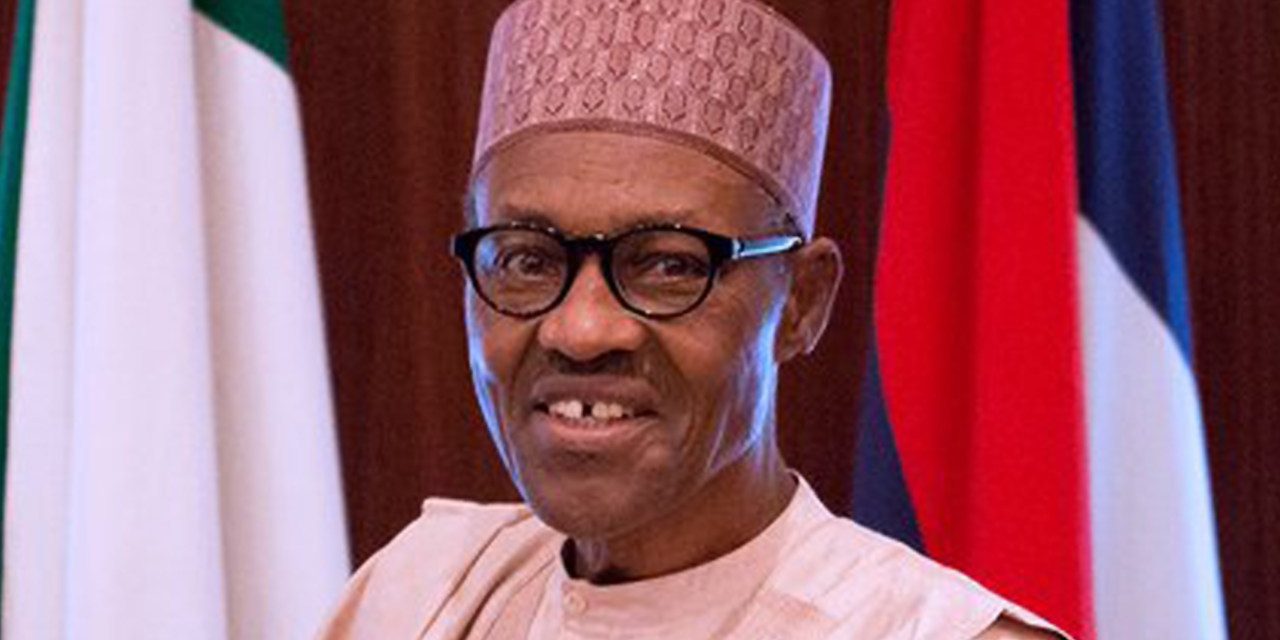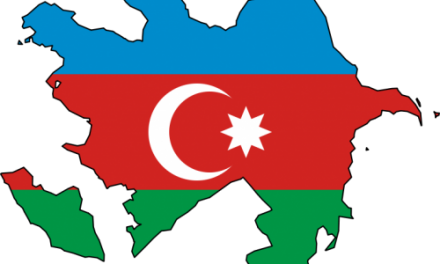31 January 2018
Nigeria’s President Muhammadu Buhari’s administration took a number of positive steps in the past three years, including the establishment of a presidential advisory committee against corruption, the improvement of the anti-corruption legal and policy framework in areas like public procurement and asset declaration, and the development of a national anti-corruption strategy, among others. However, these efforts have clearly not yielded the desired results. At least, not yet.
In the 2018 corruption perception index of Transparency International, Nigeria moved up four notches from 148th to 144th position. But it has remained at a very low score of 27 exactly same as what it was four years ago. That shows that nothing has changed since Buhari took power. Only he made lot of noise about corruption. Buhari failed to act on his election promises.
In President Buhari’s defence, two former governors were convicted and jailed for corruption in 2018. Former Taraba State governor, Jolly Nyame, and former Plateau State governor, Joshua Dariye, were jailed for 14 years each for corruption.
He has been shielding people in his inner circle from corruption probes while aggressively clamping down on political opponents. Those in his inner circle escaped prosecution – for example Orji Uzor Kalu who was campaigning for Buhari’s re-election, Oshiomhole who was accused of taking bribes, Babachir Lawal, and current Kano State governor, Umar Ganduje, who was caught on tape receiving bribes from a contractor. .
His Chief of Staff, Abba Kyari, the APC national leader, Bola Tinubu, Minister of Transportation, Rotimi Amaechi and a host of other ministers in his cabinet have been mired in corruption but were not investigated by Buhari regime.
Senator Godswill Akpabio, a former Minister of State for Defence, Musiliu Obanikoro and former senator, Iyiola Omisore are noted for their corruption but after they joined Buhari’s APC party their corruption probes were stopped.
Just days ahead of Presidential elections, Buhari suspended Chief Justice of Nigeria, Walter Onnoghen on allegations of corruption. It was claimed that he failed to declare his personal assets before taking office. Why did not Buhari examine this before appointing him as Chief Justice? Why did he wait till election time to bring this issue? The USA and Britain have criticised that the removal of the Chief Justice was not in accordance with the constitution. Allegations of corruption against a country’s Chief Justice should follow structured and appropriate investigative and disciplinary procedures. The suspension was done arbitrarily by the president, without due process. Buhari said he acted on a court order. But it is well known that he had ignored many other court orders.
Under Nigerian law, the Supreme Court has jurisdiction and the final say in matters related to election petitions in a presidential election. Perhaps Buhari is afraid that if Walter Onnoghen remained as Chief Justice, he may jeopardize his election victory. Hence Buhari may have decided to remove him before the election.
On the whole it would appear that President Buhari failed to put all his efforts in combating corruption in Nigeria as he promised during the previous election.














